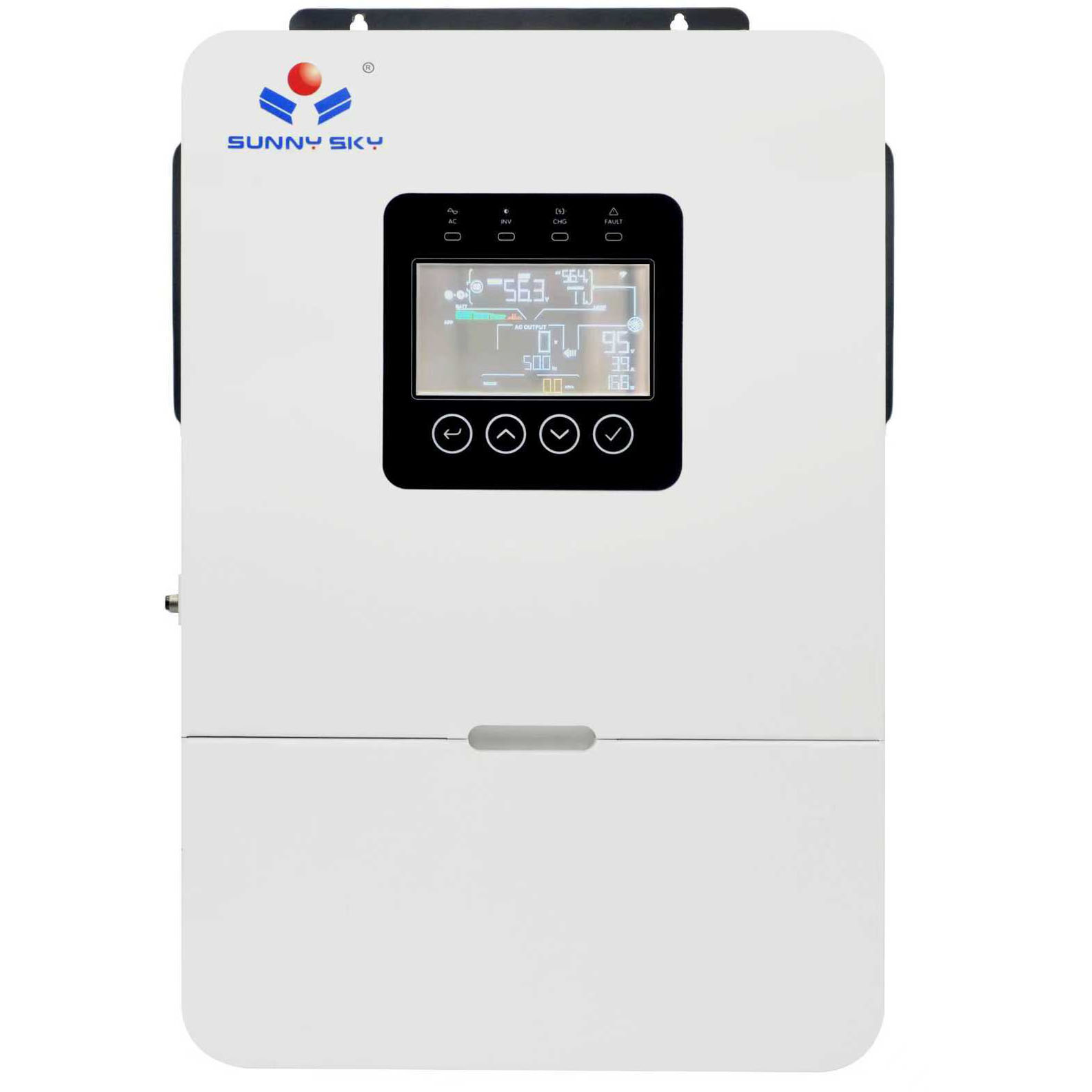Choosing the Right Core for Your Solar Power System
The first major point of comparison when selecting a solar power system battery is its capacity and chemistry. While older systems relied on lead-acid batteries, today's standard is the lithium ion battery for solar applications, prized for its longevity, efficiency, and higher energy density. Within this category, models like the 350AH wall-mounted battery offer a substantial energy reserve, capable of powering a home's essential appliances for extended periods. This high capacity is crucial for achieving true energy self-sufficiency. In contrast, lower-capacity batteries might suffice for basic backup but fall short for those aiming to minimize grid reliance. The decision hinges on your energy goals: a larger capacity battery provides greater security and independence, whereas smaller units may offer a lower upfront cost but less long-term value for a comprehensive solar energy storage system.
Design and Integration: Power Wall vs. Modular Solutions
Beyond raw power, the physical design and form factor play a significant role in the selection process. Many homeowners are drawn to the sleek, all-in-one aesthetic of a power wall lithium battery. These units are designed to be visually appealing, often mounted on a garage or utility room wall with a minimalist look that blends into the home environment. They present a simple, plug-and-play solution. On the other hand, some systems feature a more modular, stackable design. This approach offers greater flexibility; you can start with a single module and expand your solar battery system over time as your energy needs grow. This scalability is a key advantage over a fixed-capacity power wall. The choice between these designs often comes down to personal preference, available installation space, and long-term plans for your residential lithium battery setup.
Safety and Intelligence: The LiFePO4 Advantage
Perhaps the most critical comparison lies in the technology inside the battery. The majority of modern, high-quality solar storage battery units utilize Lithium Iron Phosphate (LiFePO4) chemistry. When compared to other lithium-ion variants, LiFePO4 stands out for its superior thermal and chemical stability, which significantly enhances safety and reduces the risk of thermal runaway. Furthermore, LiFePO4 batteries boast a much longer lifecycle, often providing thousands of charge-discharge cycles before significant degradation occurs. Another vital component to compare is the integrated Battery Management System (BMS). A sophisticated BMS protects the battery from overcharging, over-discharging, and short-circuits, optimizing performance and extending its lifespan. While most batteries include a BMS, their capabilities can differ, with advanced systems offering real-time monitoring and data analytics to help you manage your energy usage more effectively.
Making the Final Decision for Your Home Energy Storage
Ultimately, selecting the ideal 51.2V lithium battery involves weighing these contrasting factors against your specific needs. Do you prioritize a large, single-unit capacity for maximum immediate independence, or does a scalable, modular system better suit your future plans? Is a sleek, integrated design more important than the functional flexibility of separate components? By comparing the capacity, physical design, and internal technology—paying close attention to the benefits of LiFePO4 chemistry and an intelligent BMS—you can make an informed decision. Investing in the right home energy storage solution is a significant step towards a sustainable and resilient energy future, ensuring your home remains powered no matter what.


